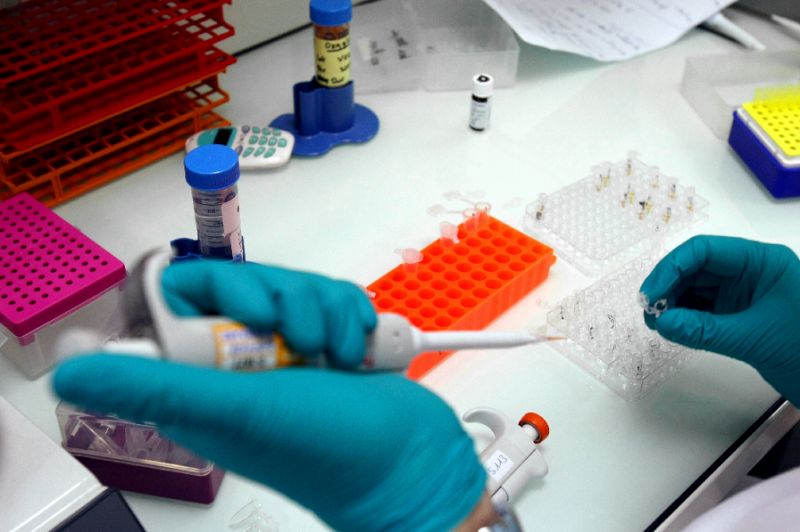New Delhi|HL
Bruno Bruins,Netherlands health minister was in India recently to promote investments in life sciences and health with affordable healthcare being a key concern for both countries. Here are excerpts of his interview.
Will the Netherlands support efforts to make pharma companies reveal how they calculate R&D costs on the basis of which they demand high prices?
Yes, we believe we should put pressure on companies to make their R&D costs transparent. This will allow us to have an informed debate on fair pricing and incentives for innovation. But we need to balance it with the fact that there could be new drugs for diseases and we might not get any new drugs if we push the companies too much.
Will the Dutch government make public its purchasing price of drugs and medical devices so that other countries can benefit?
Transparency in pricing is an important goal. There are two dimensions – transparency by industry in price-setting and transparency in net price for payers or governments. Excessive prices set by companies hamper patient access and cause financial distortion of other necessary care. If payers share with each other the lower prices they are procuring at, then countries could team up to support each other’s aim for affordable medicines. But usually countries get lower prices with confidentiality clauses. We find out prices in other countries unofficially to help us negotiate lower prices.
Much of fundamental research for new medicines and devices takes place in public-funded universities. Yet when companies commercialise the result of such research neither the public nor the universities have much say in the pricing. Are Dutch universities and research institutes going to change the way they do business with corporates?
This debate about paying double is going on in the Netherlands. We pay in the universities when the students and professor are inventing new medicines and we pay a second time when the product is taken over and developed by a pharmaceutical company. We are happy that innovations are happening in pharma but we are not happy to be paying twice. Dutch academia is working on possibilities to implement forms of societal licensing in which public interest is taken into account. It is related to the international debate on developing alternate business models for the development of pharmaceutical products. Universities are exploring the possibility of continuing to hold the patent while only licensing a research product to a company instead of selling the intellectual property to them.
Transparency of pricing of medical devices could bring down healthcare costs. How will Netherlands contribute to that?
There is much more competition in the medical devices sector, compared to the innovative pharmaceutical industry, which keeps prices down to some extent. A lot can also be gained by parties responsible for device purchase knowing what others are paying. So transparency between payers is important. We also stimulate the debate to focus on providing medical technologies that not only improve healthcare but also bring costs down.
Netherlands health minister Bruno Bruins was in India recently to promote investments in life sciences and health with affordable healthcare being a key concern for both countries. Bruins spoke to the Times of India on the challenges of containing healthcare costs and how the Netherlands could contribute to achieving this.









